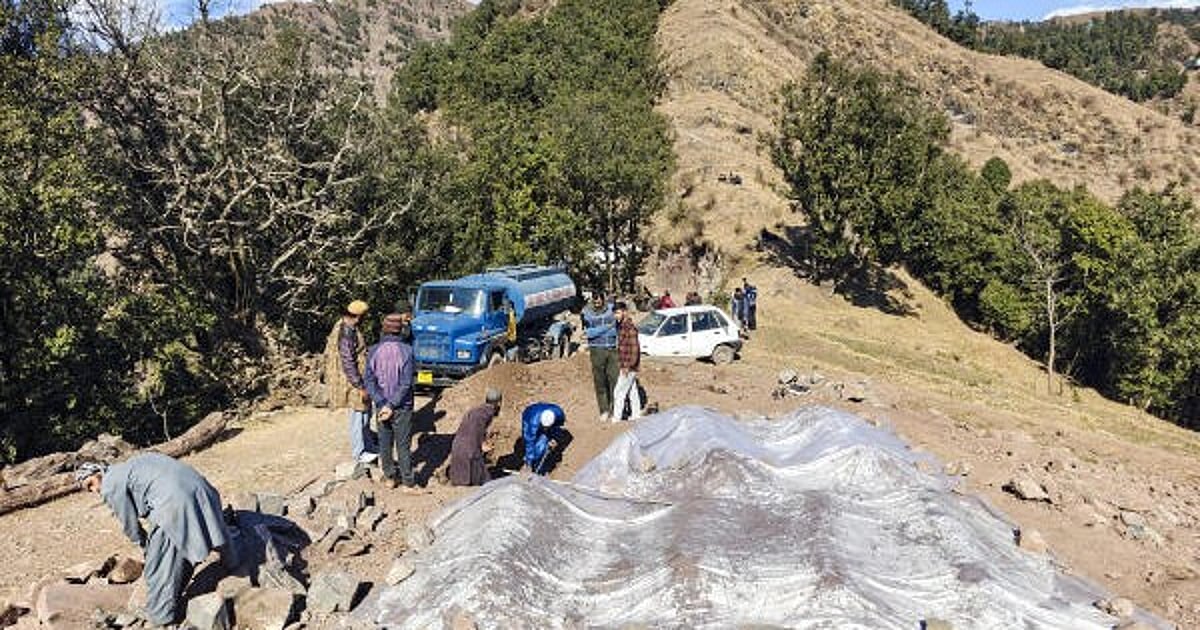 |
|
The remote village of Rajouri in Jammu and Kashmir is grappling with a series of unexplained deaths, prompting a thorough investigation by a central team. The precise nature of these deaths remains shrouded in mystery, fueling speculation and anxiety among the residents. Initial reports suggest a cluster of fatalities within a short timeframe, raising concerns about a potential infectious disease, environmental hazard, or even foul play. However, without definitive medical findings, these remain mere possibilities, contributing to the overall uncertainty surrounding the tragic events.
The central team's arrival signals a significant escalation in the response to this unfolding crisis. Their expertise will be crucial in determining the cause of death, and their findings will have far-reaching implications for the community. The team’s investigation will likely involve a range of specialists, including forensic pathologists, epidemiologists, and potentially toxicologists, depending on the initial findings from post-mortem examinations and environmental assessments. The process is expected to be meticulous and time-consuming, requiring the collection and analysis of various samples and data.
Chief Minister Omar Abdullah's planned visit underscores the gravity of the situation and the government's commitment to addressing the concerns of the affected population. His presence will serve not only as a show of support for the grieving families but also as an opportunity to directly assess the situation on the ground. This direct engagement is essential in gathering firsthand information, gauging public sentiment, and ensuring that the investigation progresses efficiently and effectively. His interaction with the bereaved families will be particularly crucial, offering them a platform to voice their concerns and providing a sense of hope amidst the uncertainty.
The lack of clarity surrounding the cause of death has understandably created a climate of fear and uncertainty in Rajouri. Rumors and speculation are rife, adding to the distress and anxiety experienced by the community. Addressing these concerns and effectively communicating the findings of the investigation will be crucial in restoring public confidence and preventing the spread of misinformation. Transparency is essential in managing the psychological impact of this crisis and in fostering a sense of trust between the government and the affected population.
Moving forward, the investigation’s findings will be pivotal in informing any necessary public health interventions, environmental remediation measures, or law enforcement actions. Depending on the cause, the government may need to implement specific preventative strategies, such as enhanced disease surveillance, environmental testing, or increased security measures. The longer-term implications of these events could range from the development of targeted public health campaigns to infrastructural improvements aimed at mitigating potential environmental risks. Ultimately, the aim will be to ensure the safety and well-being of the community and prevent similar tragedies from occurring in the future.
The situation in Rajouri highlights the importance of robust investigative mechanisms to deal with such crises. The prompt deployment of a central team and the Chief Minister’s visit underscore the government's seriousness in addressing the situation. However, effective communication and transparency remain crucial elements in both the investigative process and ensuring the long-term wellbeing of the affected community. The coming days and weeks will be critical in unraveling the mystery surrounding these deaths and providing the affected community with the answers and support it desperately needs.
Source: Mysterious deaths in Rajouri: Central team continues probe in remote J&K village
